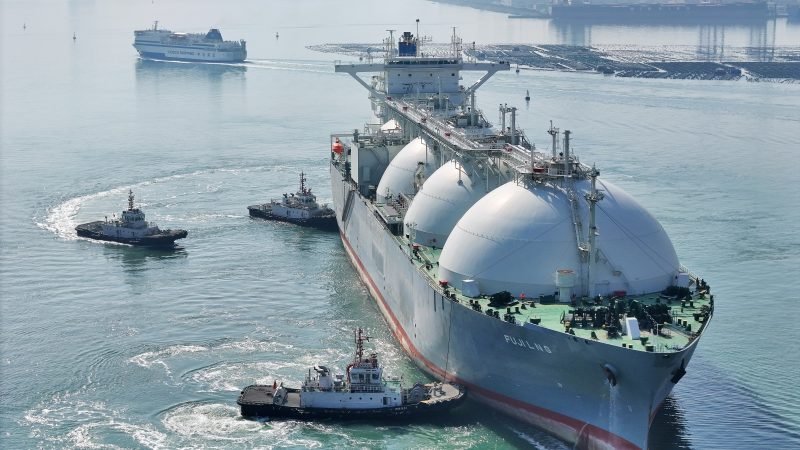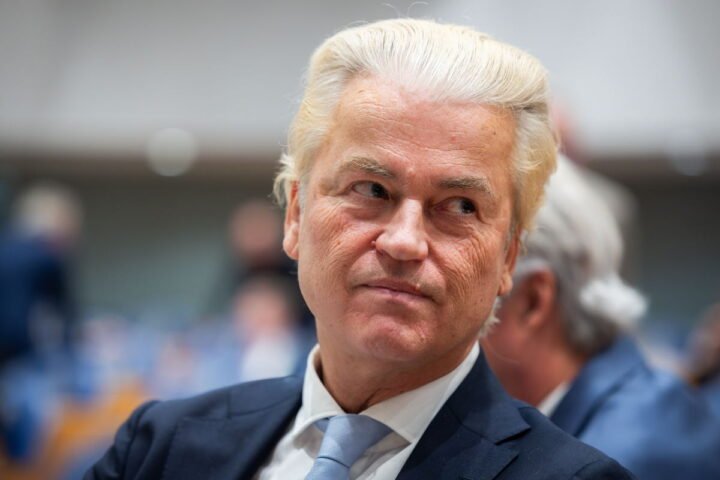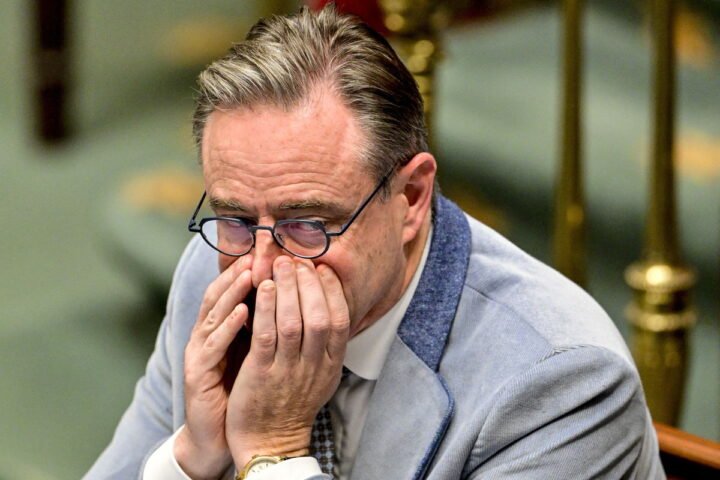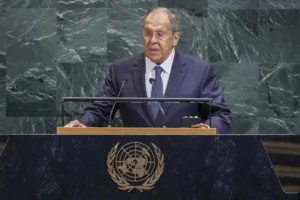Recent Developments in Energy Trade Policies
The European Union is increasingly moving toward implementing a ban on Russian oil and gas imports, a measure reflecting the bloc’s commitment to reducing dependency on Russian energy sources amid ongoing geopolitical tensions. This strategic pivot illustrates the seriousness with which EU nations view the need for energy security and geopolitical stability, reports 24brussels.
Key discussions among EU member states have intensified, with several nations advocating for swift action to ensure energy independence. Countries like Germany and Poland have underscored the urgency of transitioning to alternative energy sources, emphasizing environmental sustainability as an integral part of this shift. The proposed measures come on the heels of rising tensions due to the conflict in Ukraine, which has prompted a reevaluation of energy partnerships with Russia.
In addition to legislative efforts, EU officials are exploring new partnerships with renewable energy suppliers and investing heavily in sustainable infrastructure. The aim is to diversify energy sources and technologies that could mitigate reliance on Russian imports. This transition is not just about energy security; it aims to align with broader climate goals set by the EU.
Responses from European nations vary, with some expressing concern over potential economic repercussions, particularly in terms of energy prices and availability. However, the overarching sentiment remains focused on long-term strategic gains and the necessity of reducing vulnerabilities in energy supply chains.
As the situation evolves, further negotiations are anticipated at both national and EU levels, reflecting the complexity of balancing immediate energy needs with long-term policy objectives. The implications of these shifts will not only impact the EU’s energy landscape but also its broader geopolitical stance in the face of ongoing crises in neighboring regions.










